East Texas Oil Museum
At this rural museum, visitors can experience "Boomtown U.S.A.," a lifelike re-creation of an oil boomtown in the 1930s.
Wildcatters, oilmen, and confidence artists are all welcome at the East Texas Oil Museum in Kilgore, Texas. Inside this unassuming building located on the Kilgore College Campus is “Boomtown U.S.A.,” an intricate reenactment of life in an oil town amidst the largest oil reservoir in the world.
The story of the East Texas Oil Field begins with Columbus Marion “Dad” Joiner, a speculator, wildcatter, and flim-flam man. Ignoring claims that there was no oil to be found in Texas, he bought leases in East Texas beginning in 1919. By 1930, he had sold so many stakes in his well The Producers-style to prospectors that he was having trouble financing drilling. In addition, his aging equipment was no match for the layers of rock. As the museum notes in hilariously excruciating detail, surveyors had to drill through “a layer of shale and clay, some sandstone, some chalk, and a lot more shale and a couple of layers of limestone, then more sandstone, then siltstone, then a lot more chalk and a little more limestone.” Nevertheless, his persistence and con artistry shockingly paid off, and on October 3, 1930, he struck oil at the Daisy Bradford No. 3 well, 3,536 feet below the surface.
With this discovery, the boom was on. Investors flocked to the area, which was proving to be fruitful like no oil field before. However, “Dad” Joiner was not among those who got wealthy. In hock to his patrons and sued for non-payment and fraud by his employees and others, he had to sell his land to H.L. Hunt, who bought it for $1 million. Joiner lived his days out modestly, while Hunt, a notorious white supremacist, would become one of the world’s 10 richest men.
The East Texas Oil Field would go on to produce 6 billion gallons of oil and counting, forever changing the landscape of the region. The museum recognizes that change with its exhibits. Not only are there historic artifacts and equipment from the oil era, there is a full re-creation of a boomtown, with animatronic linemen and oil workers, and “muddy” streets, a barbershop, and a movie theater (that of course tells the story of the oil field). You can walk through the main street of Boomtown U.S.A., and get a taste of what life was like just as oil came to town.
Know Before You Go
Check the website for admission and hours. Anyone interested in more of the story can visit the Gaston Museum in Joinerville, the town named for the father of the oil boom.





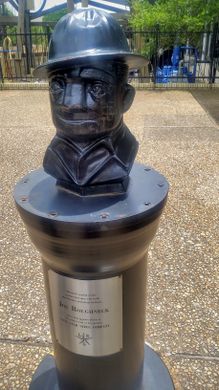


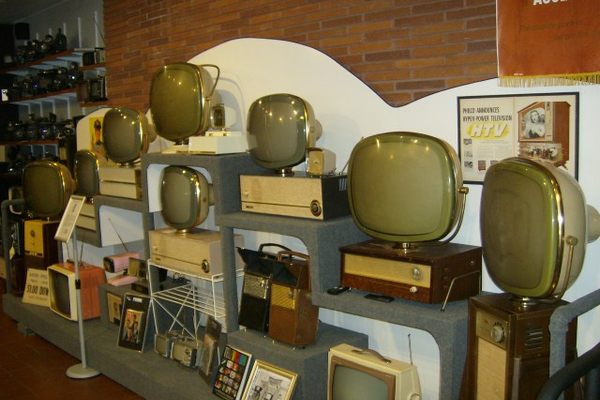




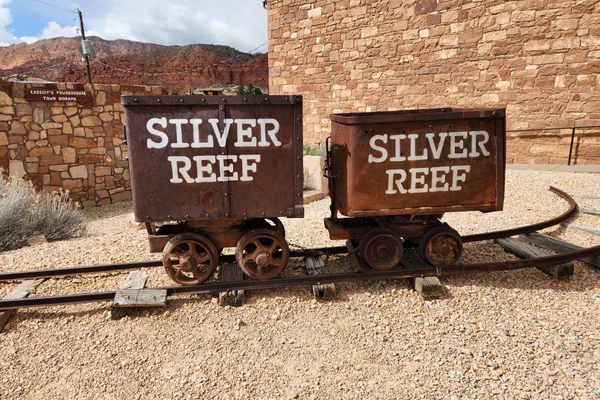
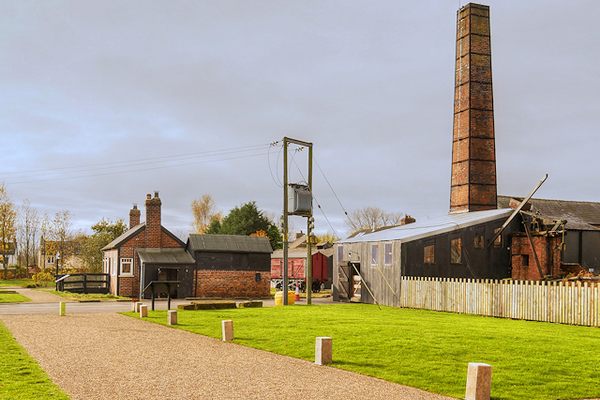
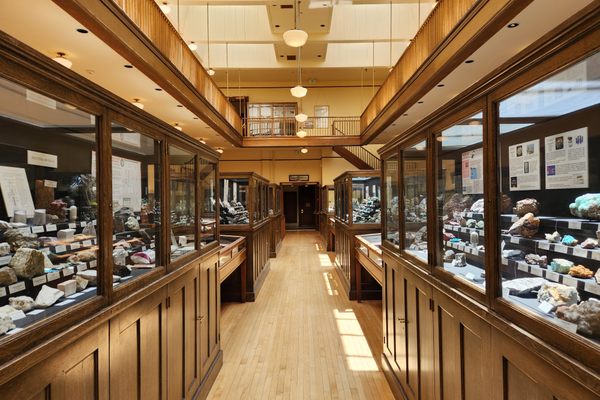

Follow us on Twitter to get the latest on the world's hidden wonders.
Like us on Facebook to get the latest on the world's hidden wonders.
Follow us on Twitter Like us on Facebook